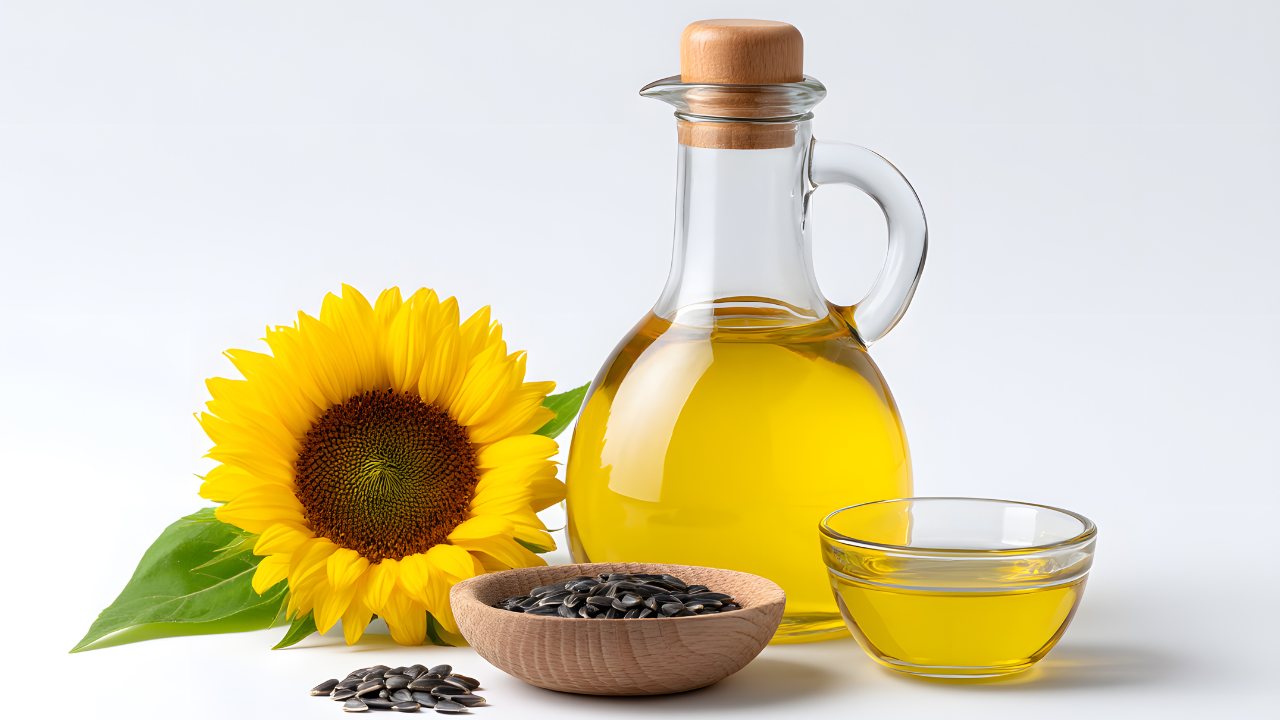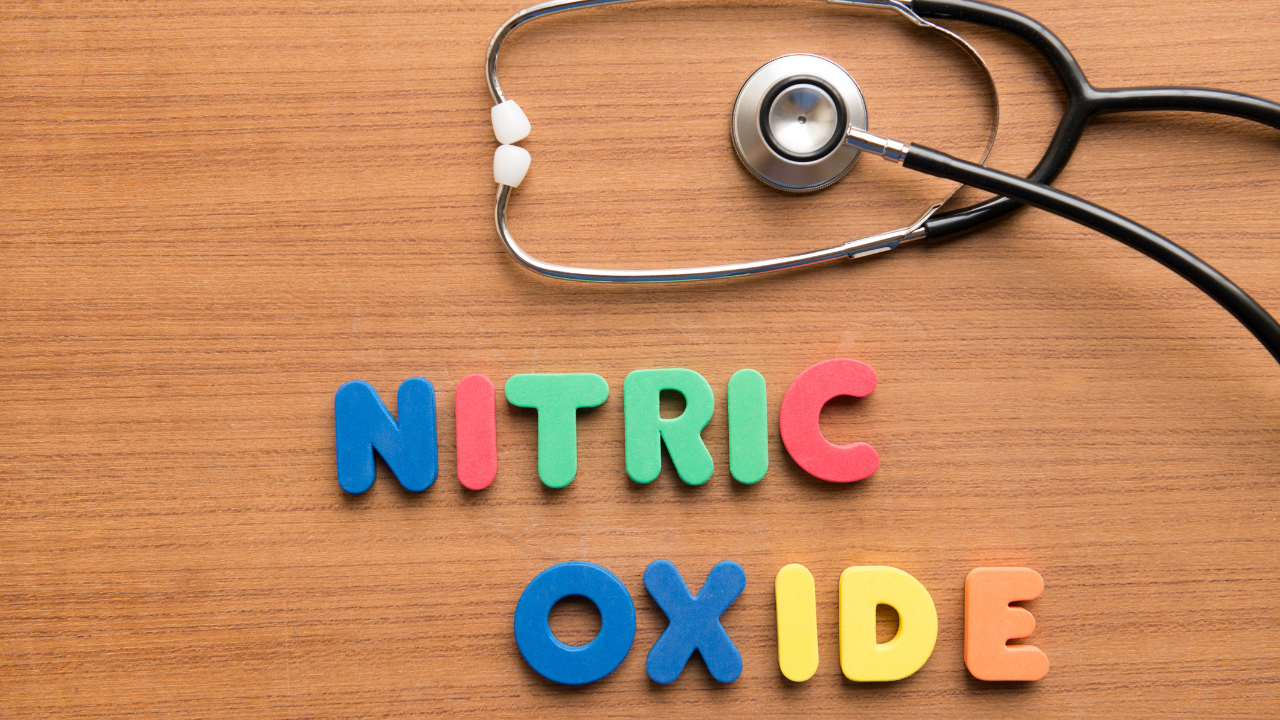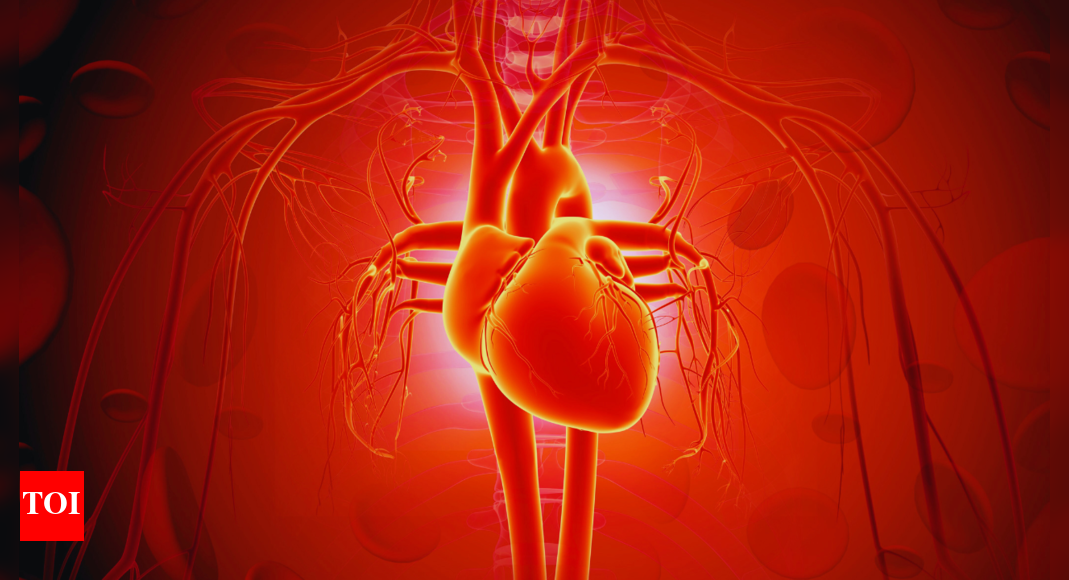For years, red meat and butter have sometimes been blamed as culprits that help bring on heart disease. But increasingly, evidence points to another culprit that can harm cardiovascular health. Most of us are not aware and never would have thought that this, could also be the reason of heart attacks that are increasing by the second. Modern foods and lifestyle patterns are quietly undermining the body’s capacity for nitric oxide production, a molecule that is essential for keeping blood vessels functional and the heart healthy.Dr. Eric Berg, a trained wellness expert and best-selling author, warns about how a potential decrease in nitric oxide can significantly lead to heart attacks.
Nitric oxide is used to relax blood vessels, facilitate circulation, and guard against arterial plaque buildup. When the levels of this molecule severely decline, high blood pressure, stroke, and heart attack risk increase. Scroll down to see the list of few of the worst enemies of nitric oxide are amazingly prevalent in normal life:
Refined sugar

Credit: canva
Refined sugar occurs in soft drinks, desserts, sauces, cereals, and most packaged foods. Its effect on nitric oxide production is considerable and detrimental.
- It rapidly elevates blood sugar levels, leading to inflammation in the lining of blood vessels.
- It boosts oxidative stress, which kills nitric oxide molecules.
- In the long run, it causes insulin resistance, further inhibiting nitric oxide production.
- Regular use of refined sugar harms the endothelium, the inner lining of blood vessels, which is in charge of generating nitric oxide.
Refined starch
Refined white flour foods, including white bread, crackers, and pastries, function similarly to sugar in the body.
- They quickly break down into glucose matter, thereby creating a surge in blood sugar levels
- This leads to inflammation and metabolic stress.
- This causes damage to endothelial function and decreases nitric oxide production.
- Refined starch contains none of the fiber and antioxidants present in whole grains, which serve to defend the vascular system.
Industrial seed oils

Soybean oil, corn oil and sunflower oil, are all processed and commonly used in our daily life, consumed in the form of fast food or packaged items.
- These oils contain high levels of omega-6 fatty acids, which can contribute to chronic inflammation.
- They are very unstable when heated and readily oxidize, resulting in toxic compounds.
- Oxidative stress and inflammation contribute to reduced production of nitric oxide.
- Chronic use of seed oils has been associated with decreased arterial compliance and increased risk of cardiovascular disease.
Smoking

Smoking is already classified as injurious for health and imagine the degree of damage it would do if Both smoking and vaping were to be combined. Together, they responsible for the degradation of nitric oxide within the body. Tobacco smoke consists of chemicals that destroy the endothelial lining of blood vessels.
- It decreases the functioning of the enzyme that is responsible for producing nitric oxide.
- Free radicals in smoke destroy existing molecules of nitric oxide.
- Smokers have far lower levels of nitric oxide and suffer more from vascular disease and compromised circulation.
Antibacterial mouthwash
While often used for the cleanliness of the mouth, numerous antiseptic mouthwashes contain chemicals that disrupt the creation of nitric oxide.
- Some oral bacteria are responsible for breaking down dietary nitrates into nitric oxide.
- Antibacterial mouthwash eliminates these helpful bacteria.
- The outcome is a quantifiable decrease in nitric oxide levels and an increase in blood pressure.
- Daily use of high-strength antiseptic mouthwash has the potential to escalate the risk of heart issues by interfering with the nitrate pathway.
Aiding Nitric Oxide Production

Healthy nitric oxide levels can be maintained through certain dietary and lifestyle factors. Some food naturally encourages its production and maintains blood vessel health.Food that aids nitric oxide
- Leafy greens like spinach, arugula, and kale
- Beets and beet juice
- Garlic and onions
- Citrus fruits, particularly lemons and oranges
- Pomegranate
- Nuts and seeds, particularly those rich in arginine
- Dark chocolate (with high cocoa content)
Lifestyle habits that nourish nitric oxide:
- Consistent physical activity, particularly aerobic exercise
- Quality sleep every night
- Getting enough sunlight, which nourishes nitric oxide through chemistry of the skin
- Stress management through breathing, nature walks, or quiet rituals
The worst enemies of heart health are not necessarily the most apparent ones. Sometimes, we need to look away from the obvious food items to know what is actually harming our heart and body. Refined sugar, processed starches, industrial seed oils, smoking, and even run-of-the-mill mouthwash can sneakily compromise the body’s nitric oxide production capability. This degrades the blood vessels and enhances the risk of cardiovascular disease in the long term.
